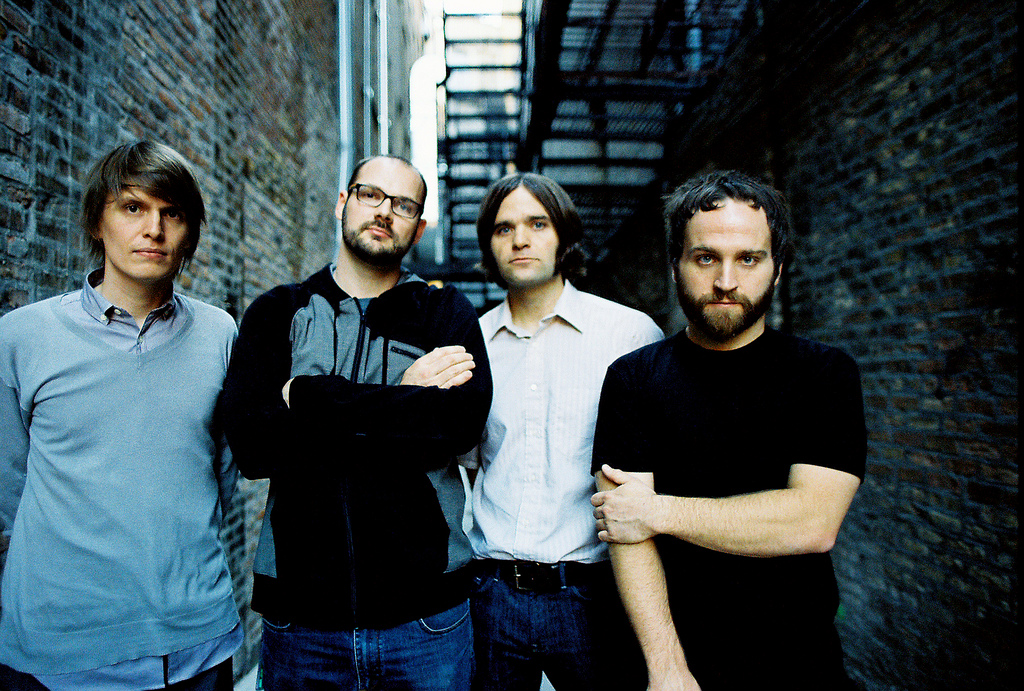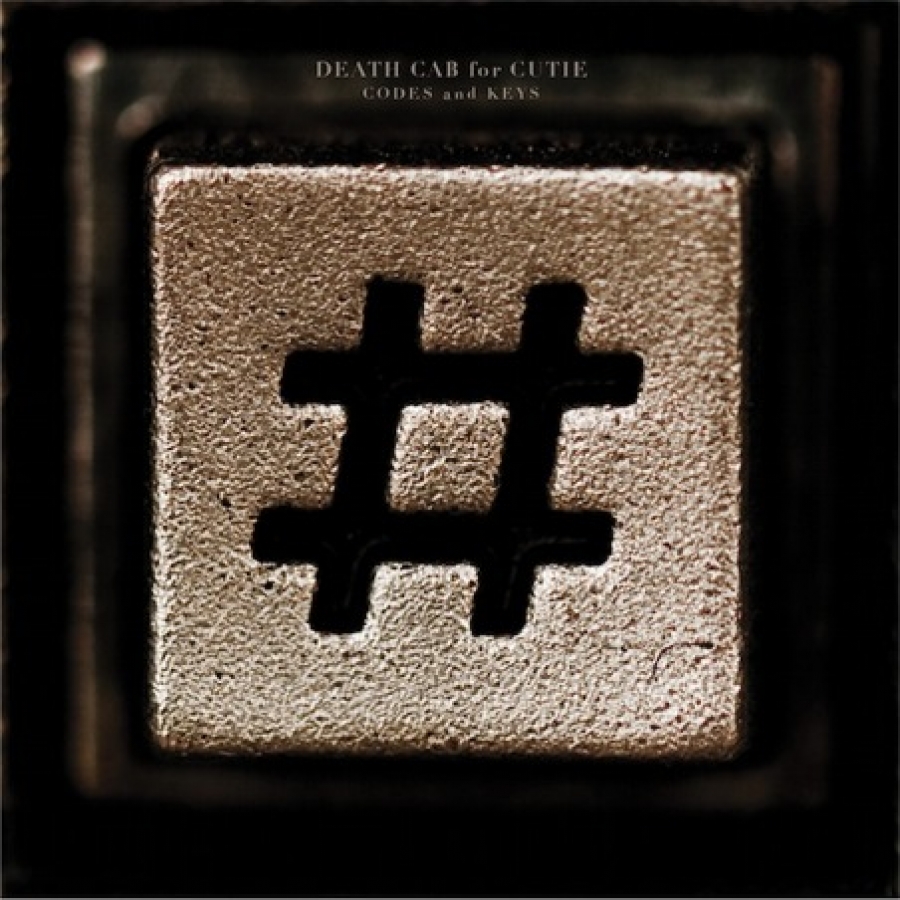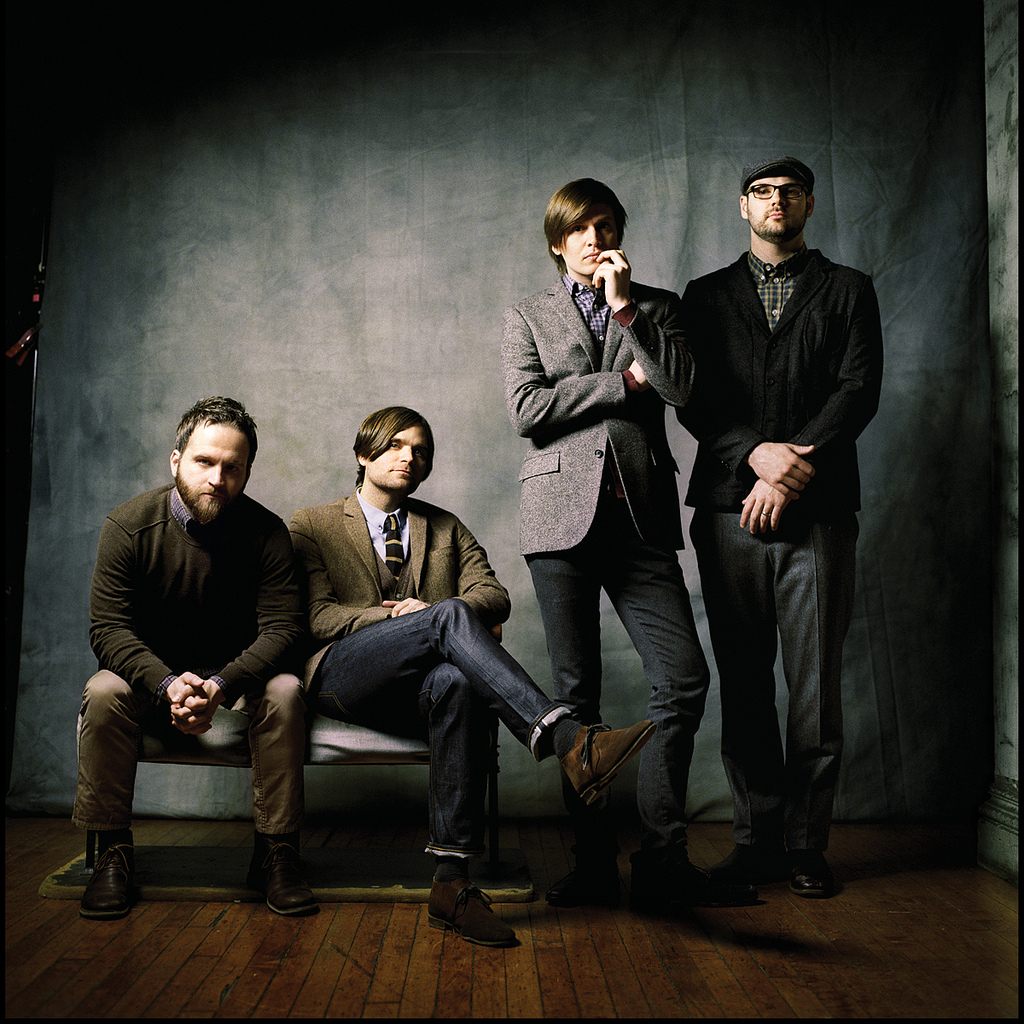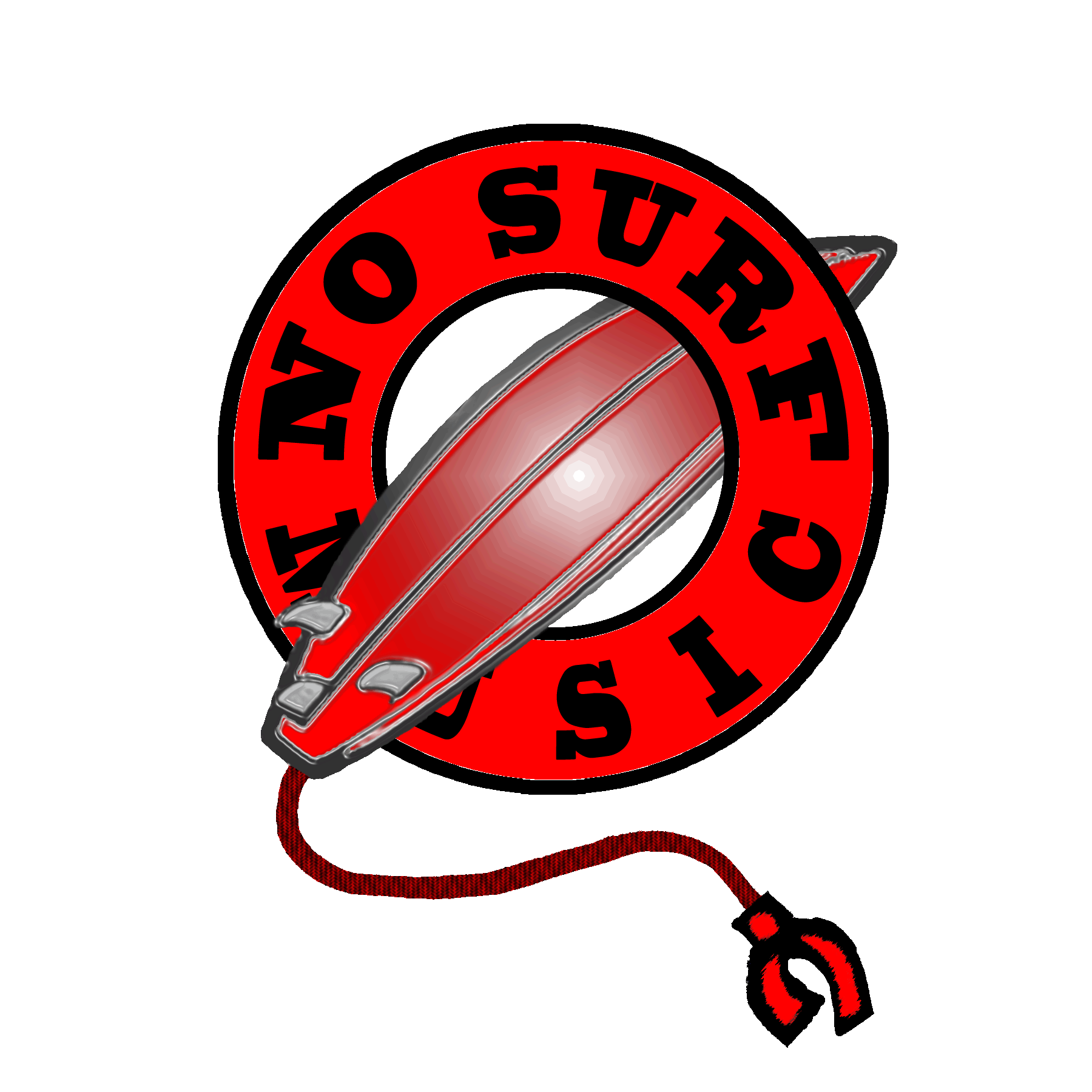
The Lowdown:
May 31, 2011
Death Cab For Cutie: Codes and Keys
by Jason D. 'Diesel' Hamad
The term “indie rock” has become so expansive so as to lose all meaning. It started out as a practical definition:
indie rock –noun
1. rock music by artists not signed to any label or working with a small, independent one.
The problem was that no one dreams of eking out a career selling cds hand-to-hand in small local bars. Eventually, many bands that originate in the indie rock scene move up to major labels. Are they still indie? Well, by the original definition no.
But music critics aren’t the most imaginative of people, so rather than describe these bands by using, you know, actual descriptors (which would strain most critics’ rather small craniums), they instead decided to simply expand the meaning of the term. Now indie rock has two additional definitions:
2. rock music with a particular sound, which cannot actually be pinpointed because of the diversity of bands that originally made up the indie rock category and so therefore can describe virtually anything.
3. rock music by any band that started off as independent, no matter how big they’ve eventually gotten (i.e. the Decemberists, the classic non-indie indie group), which therefore includes virtually every band in existence.
At No Surf, we reject both of these newer definitions because they are stupid and pointless, as are the critics who originated them. Yet they are inescapable. Therefore, while our indie rock reviews will try to focus as much as possible on real independent bands, we won’t shy away from their grown-up cousins, either.
By either of the latter two definitions, May 31st is an indie doubleheader, with both My Morning Jacket and Death Cab For Cutie releasing new albums. In the past, I have found these bands to be very similar in that they are often both extremely boring. Their work has been characterized by indifferent lyrics, winding, pointless, overproduced songs, and a tendency to fill up as much of the sonic substructure as they can with noise, making their music so stuffed full that it loses all form. As you may have already read in the No Surf Review of Circuital, the trend continues on MMJ’s part. I was, however, pleasantly surprised by Death Cab’s new release Codes and Keys. It may well be their best work ever.
The album is not without flaws. On many of the songs the lyrics are repetitive and continue to be less-than-well-conceived (although several buck this trend). Many of the lyrics are also buried within the puffed marshmallow sound described above, making it easy for them to get lost and implying that they hold little importance for the band. Virtually all of the songs follow a pattern of starting out thin—with just vocals and one or two instruments—and then building steadily until they eventually collapse into random noise that transitions into the next track. While the songs are unique enough that they do not sound like mere slightly tweaked repeats of each other, the fact that they follow such a similar structure does get annoying after a few repetitions. And it goes without saying that this album is highly overproduced. Nearly all of it would be better if half of the instrumental veneer were stripped and it were given a more direct, simplified sound without the too-cleaver-by-half flourishes.
That said, many of the individual songs are quite engaging. “Portable Television” may be the best, simply because it avoids many of these traps, or at least deemphasizes them. It follows that standard pattern, but to better effect. There is a bit of an old-time feel at the beginning of the song due to the vocal styling and light-fingered piano licks that could have come straight out of a Deadwood, South Dakota saloon. The music quickly fills out as it goes along, but it has a great beat and terrific energy, while the lyrics are compelling and well written. The song takes place on a road trip through Upstate New York during the autumn leaf season, with great imagery resulting. As with many of the songs on the album, some of the best lyrics may be found in the bridge, which reads:
They started the soil just recently,
Where the rows of teeth they grow in fields of infinite green.
And here laid the father and here stood the son
Where the road meets the horizon for everyone.
“Monday Morning” opens with an electronic approximation of a motor spitting and starting to life, then humming along as the keyboards come to the fore. It features echoing guitars and a bouncy, happy sound, unlike most songs about Mondays. This may be because it seems to be based in the euphoria of early love, if tempered by a realization that this will someday dull or be brought down by the narrator’s own flaws. Again, the bridge provides some of the most compelling lines, in the form of:
The night is gonna fall and the vultures will surround you
And when you’re lookin’ in the mirror what you see is gonna astound you.
But all these lines and grays refine.
They are the maps of our design of what began on Monday morning.
“St. Peter’s Cathedral” is a critical indictment of religion, or at least its organization and claim to knowledge it couldn’t possibly hold:
At St. Peter’s Cathedral there is stained glass. There is a steeple that is reaching
Up towards the heavens, such ambition never failing to amazing me.
It’s either quite a master plan that these chemicals would help us understand
That when our hearts stop tickin’ this is the end; there’s nothing past this.
Lines such as this suffer from a lack of coherent grammatical structure, but still get the point across. The song has a slow, virtually a cappella opening with just piano chords keeping the beat, sounding metallic like a thundering hammer. Maintaining the usual pattern, it builds to a fuller sound after the first minute. Once the second verse is completed, it builds even further into a rhythmic reiteration of the phrase “There’s nothing past this,” repeated over and over in varying patterns, eventually counterpointed with a “Badum badum bum bum bum bum bum” refrain.
The first single “You Are a Tourist” is very catchy and features some reasonably deep lyrics as well as a few blazing guitar licks. It begins with a fluctuating tone that picks up into a fast drum beat and then is supplemented by staccato vocals that start small and build, repeating, “The fire grows higher,” the closest that this song gets to a chorus. Again the bridge is a highlight:
If you feel just like a tourist in the city you were born in, it’s time to go
And to find your destination with so many different places to call home.
‘Cause when you find yourself the villain in the story you have written, it’s plain to see
That sometimes the best intentions are in need of redemptions, don’t you agree?
If so, please show me.
Strong vocal harmonies add to the song’s power throughout, highlighting key lines. Near the end, competing chorus lines bounce back and forth between the “When there’s a burning in your heart” lead and the “fire grows higher” tag line, before it follows the familiar pattern and fades into the next song. The video was shot in one take and broadcast live as it was being made, a first.
“Doors Unlocked and Open” is also worth a mention, with a strong, energetic introduction featuring a heavy drumbeat and the guitar taking the lead. I much prefer the musical sections through much of the song, where half the vocals in what passes for verses are false falsetto, often with annoying “wavy” effects. These lines alternate with more traditionally pitched vocals in an attempt to create a juxtapositional effect that frankly fizzles. The driving rhythm is still catchy, though. The best part is the chorus:
Somewhere down, down, down in the ocean of sound, sound
We’ll live in slow motion and be free, the doors unlocked and open.
“Underneath the Sycamore,” which starts with a strange car-crash aftermath scene, evolves into a call for reconciliation and, though annoyingly repetitive, is quite catchy. “Stay Young, Go Dancing,” a very light, airy and bouncy “love keeps ya vital” song, is reminiscent of The Decemberists and also has its moments. It is very obviously inspired by Death Cab frontman Ben Gibbard’s recent marriage to (more than) Almost Famous actress Zooey Deschanel. I wouldn’t be the first to point out that this relationship is likely responsible for the band’s overall change in tone throughout the album, which features a much more positive mood typified by the line:
Life is sweet in the belly of the beast
And with her song in your heart
It can never bring you down.
The album is oddly back-loaded, and the most disappointing songs on it are the first three. “Home Is a Fire” has an almost futuristic sound through the use of synthesized beats and echo effects. It has a reasonably catchy beat but is otherwise unengaging, an odd pick for the opener as its sounds are relatively harsh, standing in stark contrast to the bulk of the album’s lighter tones. “Some Boys,” a song about men unable to make commitments, is more typical of earlier albums’ feel. It features a fuzzy, throbbing base line, but while the lyrics have their brief moments of clarity, they are in general unremarkable.

Death Cab, two seconds before getting the crap kicked out of them by some hoodie wearing high schoolers.
“Codes and Keys” is easily the worst song on the album, and the fact that it’s the title track makes me think that it must have been a vanity favorite of Gibbard, who was too satisfied with himself to realize that it is completely pointless and just plain sucks. At some point you’d think someone in the band or at the label would have taken him aside and said “yeah, man, this track doesn’t even deserve to be on the album, much less be its flagship,” but I guess they just let it slide. It has a piano rhythm base that (of course) builds to a full-sounding peak. Its dreamy Radioheadesque sound is unremarkable and the lyrics are often annoyingly indistinguishable.
Is Codes and Keys the greatest album ever made? No. Is it even close? No. In fact, as an album it suffers from a number of major flaws that make it more of a cliché than a work of art. But the time when the album was the major form of musical expression has passed with the age of 99-cent mp3 downloads, and many of the individual songs are entertaining when taken on their own merits. While none of them reaches the level of greatness, several are at the very least entertaining, catchy little pop tunes. They’ll fit right in on any “indie rock” playlist.
| mp3 | deluxe mp3 | cd | vinyl |
|---|---|---|---|






